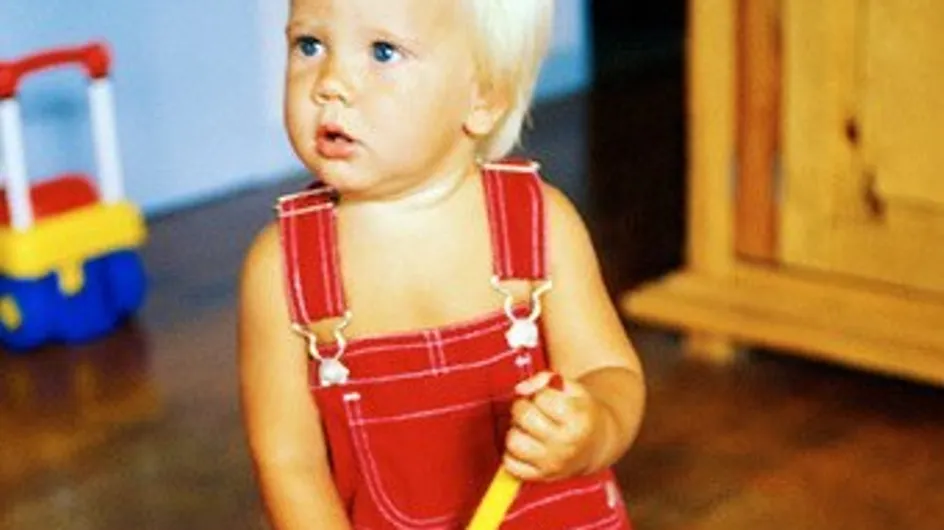Choosing childcare arrangements
Choosing who will look after your child when you go back to work is a major decision. Finding the right childcare arrangements is vital for both mother and baby to successfully enter this new stage of your lives.
Childcare options
Although some employers offer a company crèche, this is still quite rare, so most working mums choose one of the following options:
- Friend or relative: Asking a family member or friend to care for your child is a great way of minimising the stress involved in childcare: not only do you trust and know the person well, but this is also usually a cheaper option. The downside is that they may have different ideas from you, so it’s best to be clear right from the start about what you expect and what daily routine you'd like your child to have.
- Childminder: Childminders usually work from home, so your child will be in a normal home environment and will get to experience day-to-day activities like cooking and shopping, as they would do at home. Childminders have to be trained, formally registered, and inspected regularly by Ofsted. They are allowed to look after up to three children under the age of five, so your child may also have playmates.
- Nanny: Nannies work from your home, and although they are usually qualified in childcare, they don’t have to be registered with social services, so you may want to ask for references. They may work longer hours than childminders so they can provide continuous care at your home. Hiring a nanny is a more expensive option but it can be cost-effective if you have more than one child.
- Au pair: an au pair is usually a foreign visitor who you employ to help you with both childcare and housework in exchange for board and lodging. Although cheap and very flexible, an au pair has no formal childcare training or experience, so they must not be left in sole charge of babies or very young children.
- Day nursery: day nurseries provide a variety of activities and enable children to learn social skills through interacting with other children. They may be run privately or by a local authority, and must be registered and regularly inspected. Day care may be full or part-time. A big advantage of nurseries is that you don’t have to worry about who will look after your child if your carer is ill or on holiday.
Advice on choosing the best option
- Give yourself plenty of time to research the different options and find out which one will suit you best.
- Visit several different childminders, nurseries, etc to get a feel for the different people and places.
- Prepare a list of questions to ask when visiting potential carers or establishments.
- Ask for references or certificates of qualifications.
- Look at how the childcarer interacts with your child and at how happy the other children in their care seem to be.














